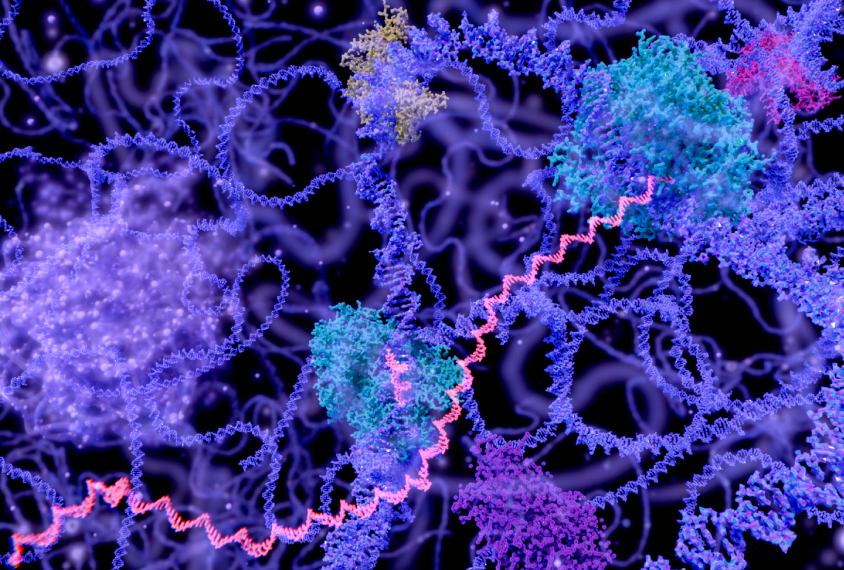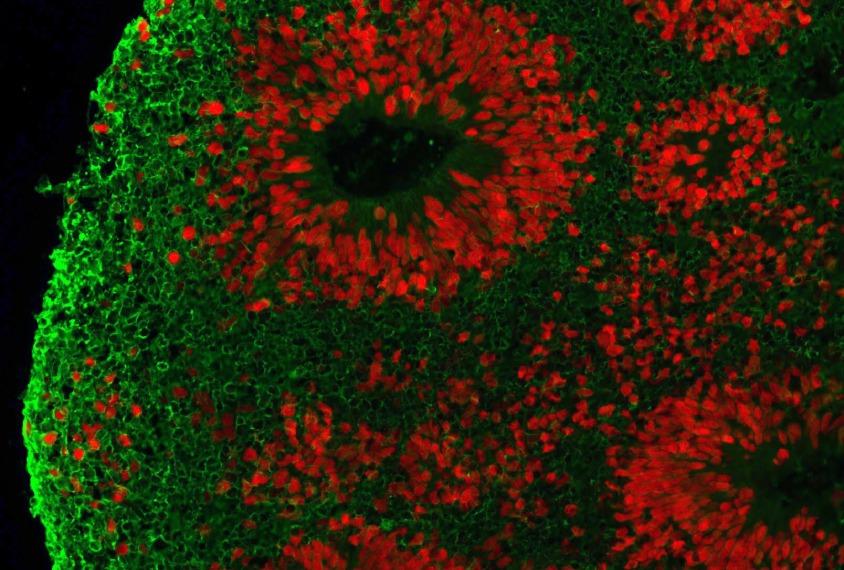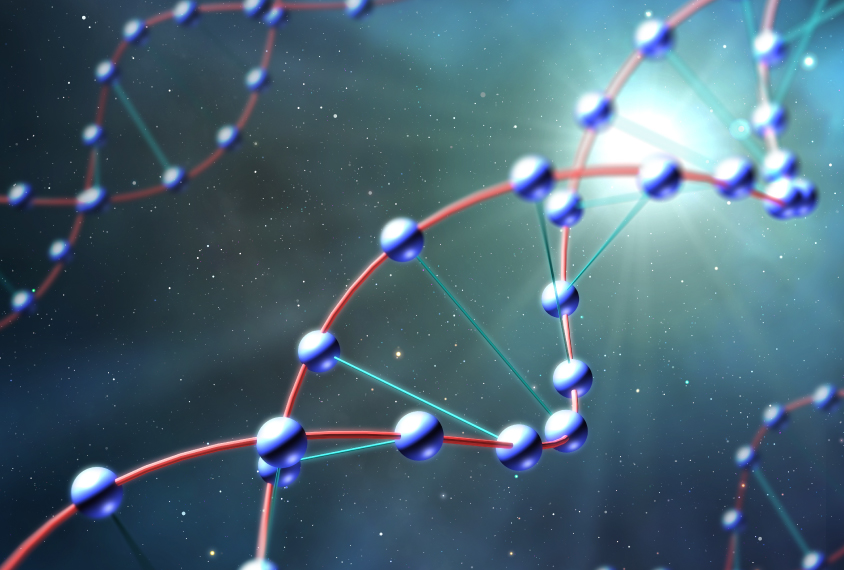ASHG 2019
Recent articles
Antidote to ‘poison’ DNA may treat lethal form of epilepsy
An experimental drug silences a DNA segment and seems to prevent seizures and death in a condition related to autism.

Antidote to ‘poison’ DNA may treat lethal form of epilepsy
An experimental drug silences a DNA segment and seems to prevent seizures and death in a condition related to autism.
Brain ‘organoids’ point to new drug target for fragile X syndrome
New findings hint at why drugs that work in mouse models of fragile X syndrome have not been effective in people.

Brain ‘organoids’ point to new drug target for fragile X syndrome
New findings hint at why drugs that work in mouse models of fragile X syndrome have not been effective in people.
Massive project doubles list of genes tied to autism
The largest analysis of sequences from autistic people and their families implicates 184 genes in the condition — nearly doubling the previous estimate.

Massive project doubles list of genes tied to autism
The largest analysis of sequences from autistic people and their families implicates 184 genes in the condition — nearly doubling the previous estimate.
Explore more from The Transmitter
Neuroscience needs single-synapse studies
Studying individual synapses has the potential to help neuroscientists develop new theories, better understand brain disorders and reevaluate 70 years of work on synaptic transmission plasticity.

Neuroscience needs single-synapse studies
Studying individual synapses has the potential to help neuroscientists develop new theories, better understand brain disorders and reevaluate 70 years of work on synaptic transmission plasticity.
New insights on sex bias in autism, and more
Here is a roundup of autism-related news and research spotted around the web for the week of 16 February.

New insights on sex bias in autism, and more
Here is a roundup of autism-related news and research spotted around the web for the week of 16 February.
Neuroscience has a species problem
If our field is serious about building general principles of brain function, cross-species dialogue must become a core organizing principle rather than an afterthought.

Neuroscience has a species problem
If our field is serious about building general principles of brain function, cross-species dialogue must become a core organizing principle rather than an afterthought.